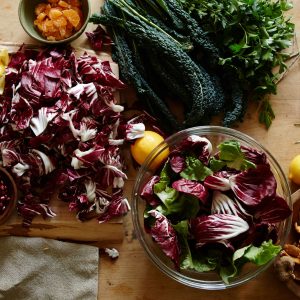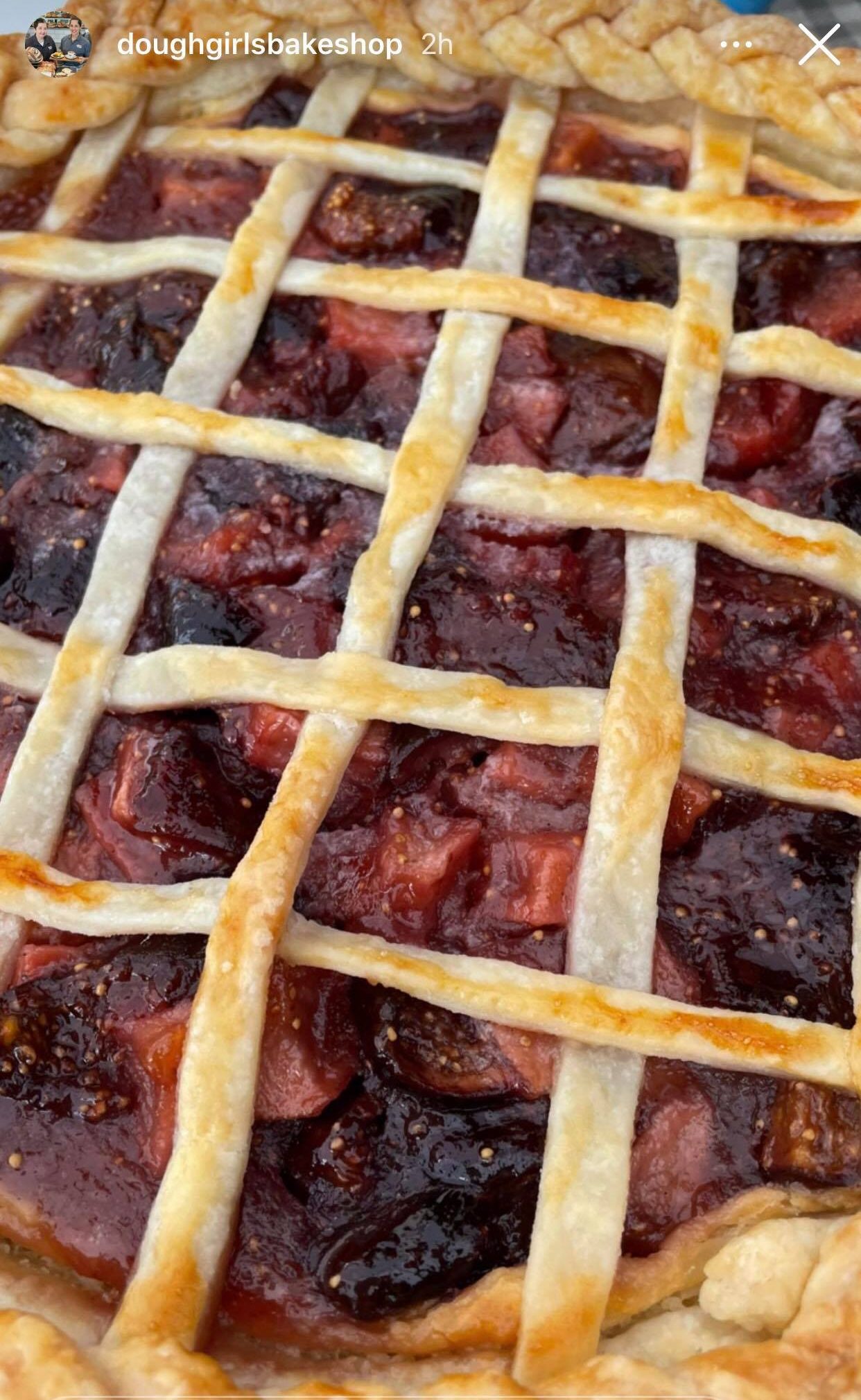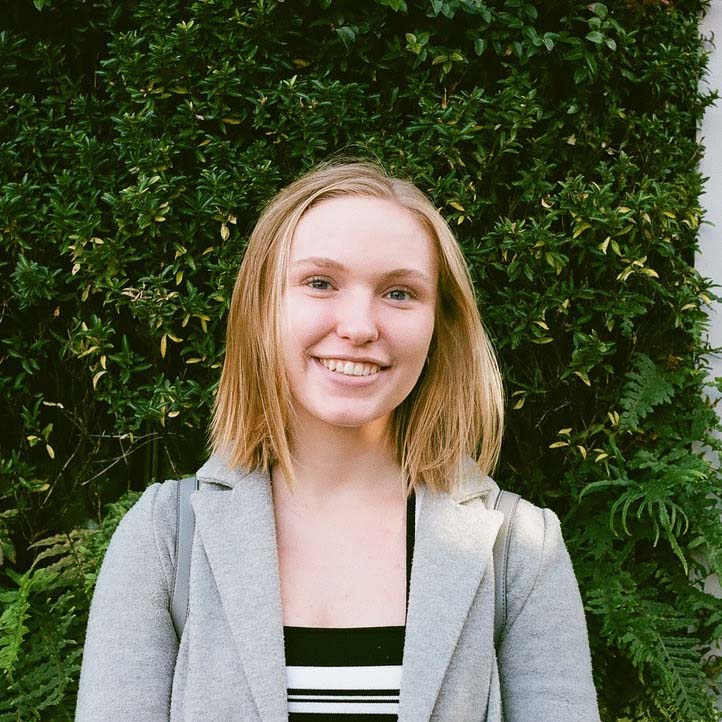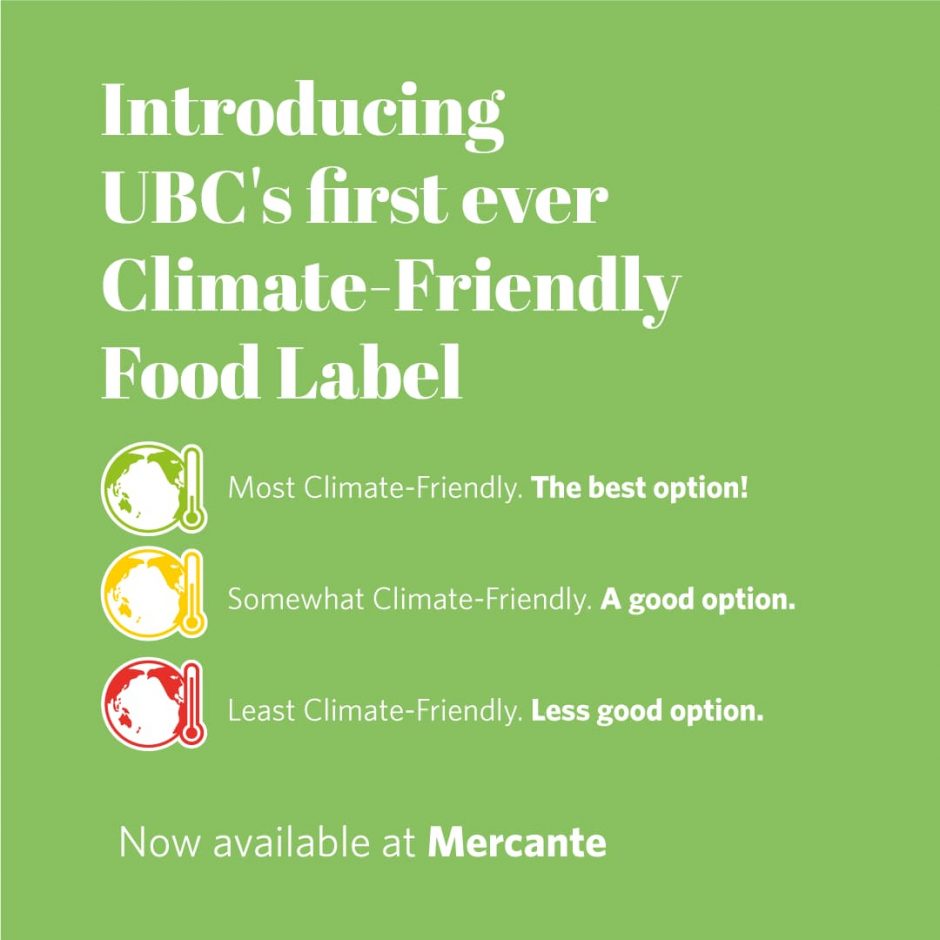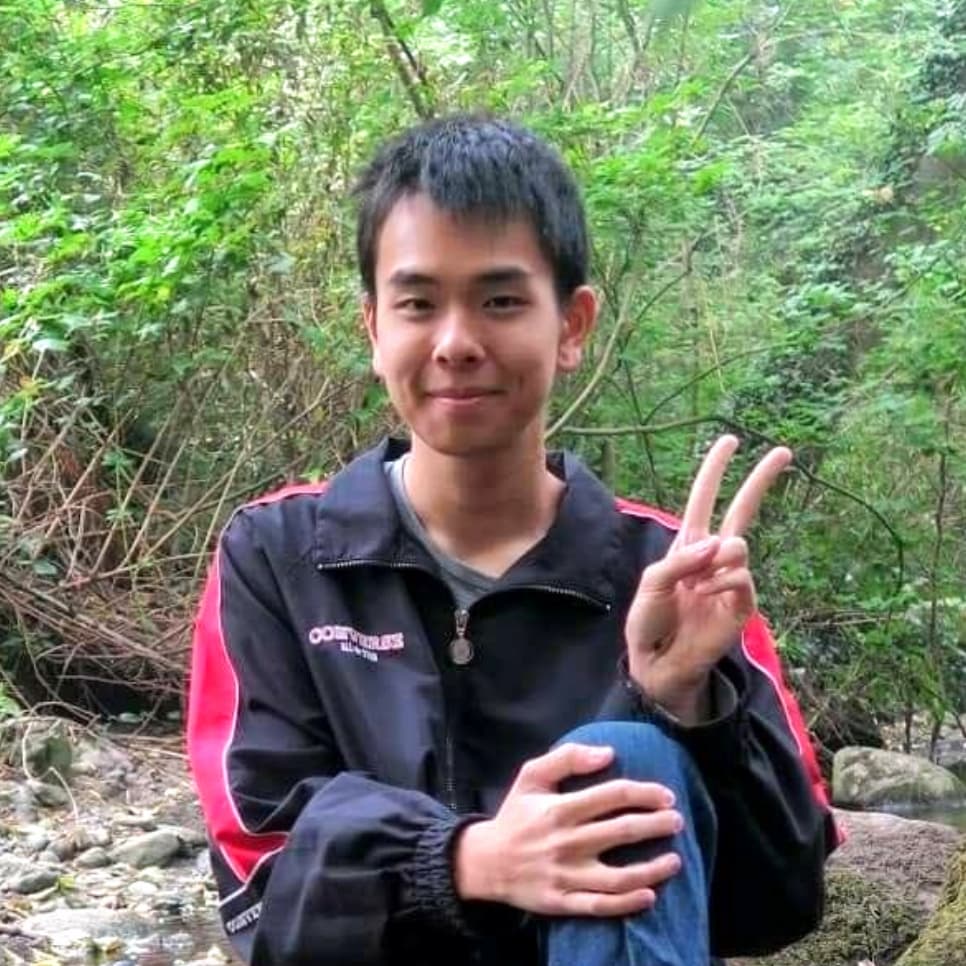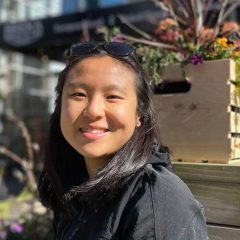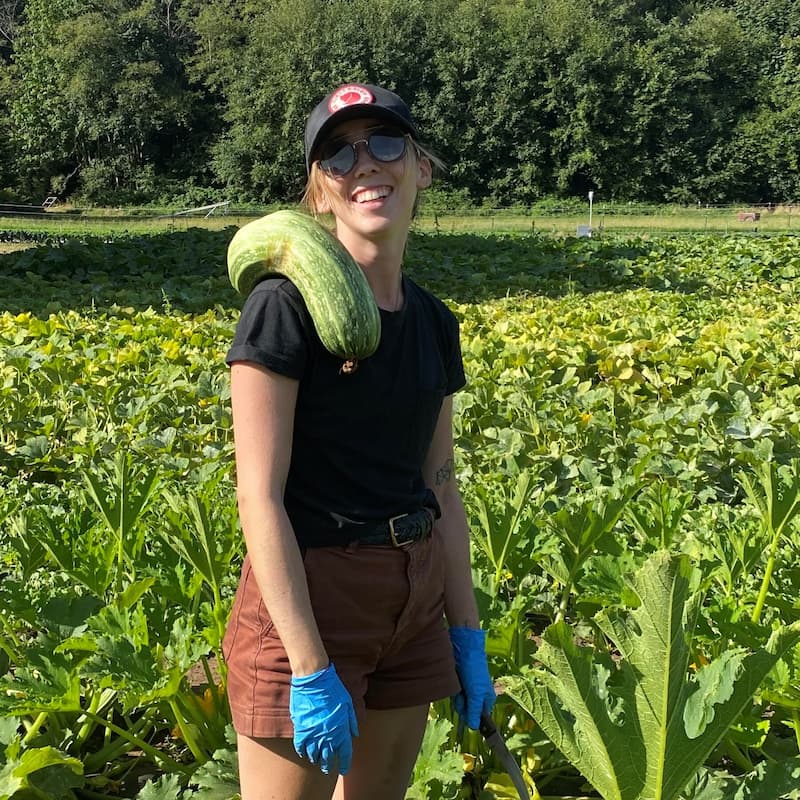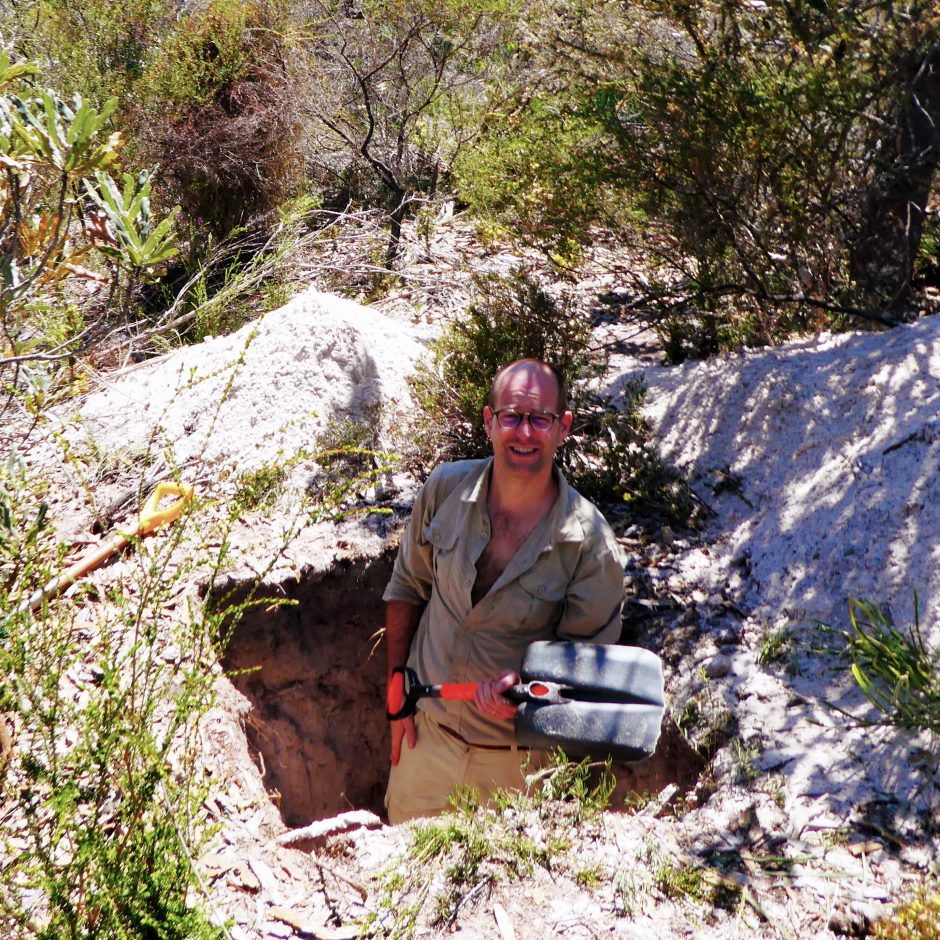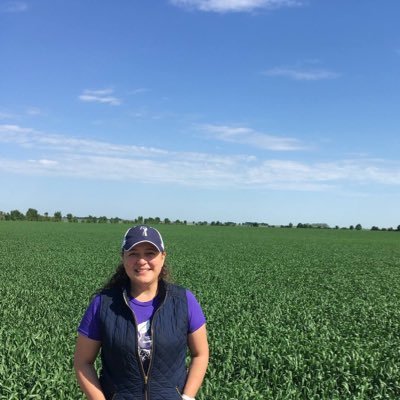Farm to Globe: Transforming Our Food Systems presents:
Regrowing Agriculture
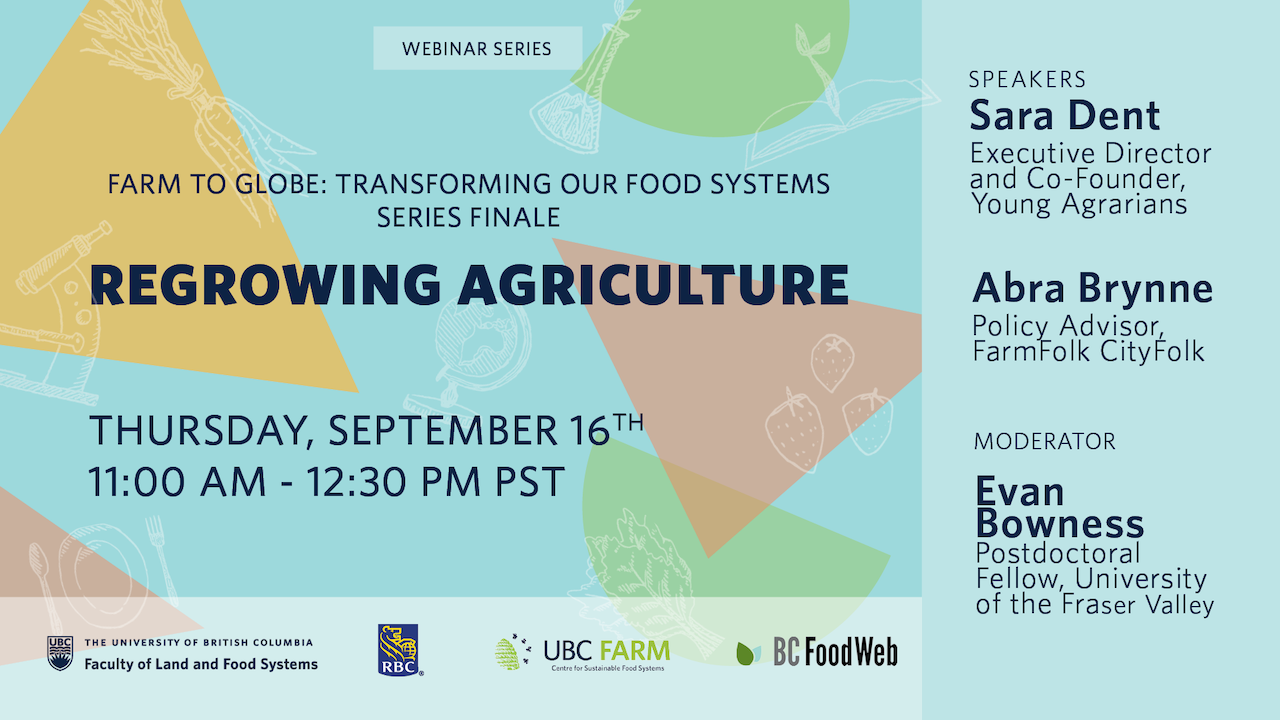
Humans have been cultivating food for thousands of years. Today the agricultural industry is a result of layers of power structures and political systems. In this episode we will be exploring how to move forward in a way that celebrates diversity, champions sustainability, uplifts workers and producers, and maintains a healthy environment for all creatures on the planet. Join our panelists as they discuss their own work with young and entrant farmers, the impacts of climate change on our agricultural systems, decolonizing our approach to research and so much more.
Register Now
About the Presenters
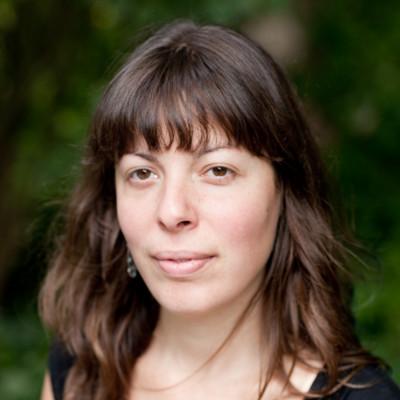
Sara Dent – Young Agrarians
Sara Dent is a photographer, public speaker, health coach, and professional farm wrangler. She has over 20 years of experience working in the charitable sector developing programs, fundraising, building community, and acting as an agent for change, as well as 15 years of knowledge and experience in ecological agriculture and food systems. For the past decade, with a team of collaborators, she has grown a farmer2farmer educational resource network for new and young agro-ecological farmers called Young Agrarians. As a systems thinker, her work is diverse. She has a very deep love for photographing farms, food and ecology. She is fascinated by the intersection between the land and the body, soil and gut health. Sara believes that in order to rebuild broken ecologies, we need to grow social ecologies to nurture our communities to regenerate our environments. She dreams of a world where ecology is at the heart of modern culture, and through the regeneration of our food ecosystems we can potentiate.
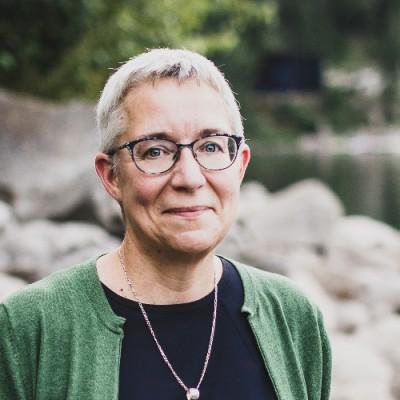
Abra Brynne – FarmFolk CityFolk
Abra Brynne is a nationally respected food systems advocate. She has worked closely with farmers and on food systems for almost thirty years, with a priority on food value chains and the regulatory regimes that impede or support them. From 2006 to 2012 she worked with abattoir operators across southern British Columbia, helping them to come into compliance with a series of regulatory changes as well as advocating for policy suitable for small and medium-scale abattoirs. In 2012, Abra began integrating fisheries into the scope of her work, recognizing the vital role that fisheries play in the vibrancy of marine ecosystems, communities and the diets of people around the world. She works to lower the barriers, both regulatory and otherwise, for small and medium-scale businesses to thrive in place-based food systems. Abra is a founding member of many agriculture and food-related organizations, including BC Food Systems Network, the Canadian Biotech Action Network, Kootenay Local Agricultural Society, and Food Secure Canada. She is currently the Executive Directory of the Central Kootenay Food Policy Council. She has held leadership positions on numerous Boards over many years, all connected with healthy communities and food in some way.
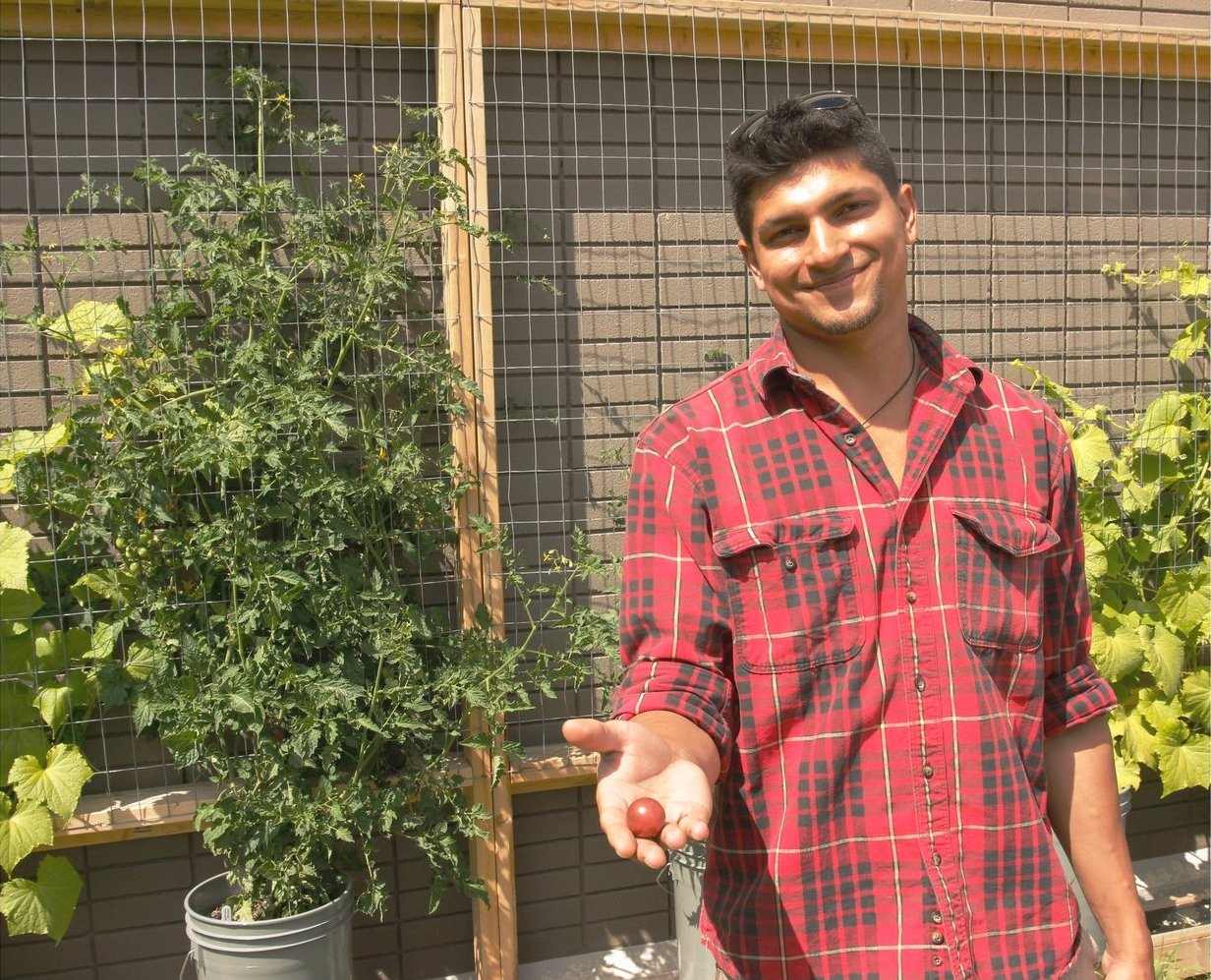
Evan Bowness – Moderator – UFV
Evan Bowness is an environmental sociologist, urban political ecologist, and postdoctoral fellow at the Food and Agriculture Institute at the University of the Fraser Valley. Evan holds a PhD from the Institute for Resources, Environment and Sustainability at the University of British Columbia and is a research fellow at the University of Manitoba. His work examines agroecology in Canada and Brazil, emerging agricultural technologies, and the corporate food regime.
